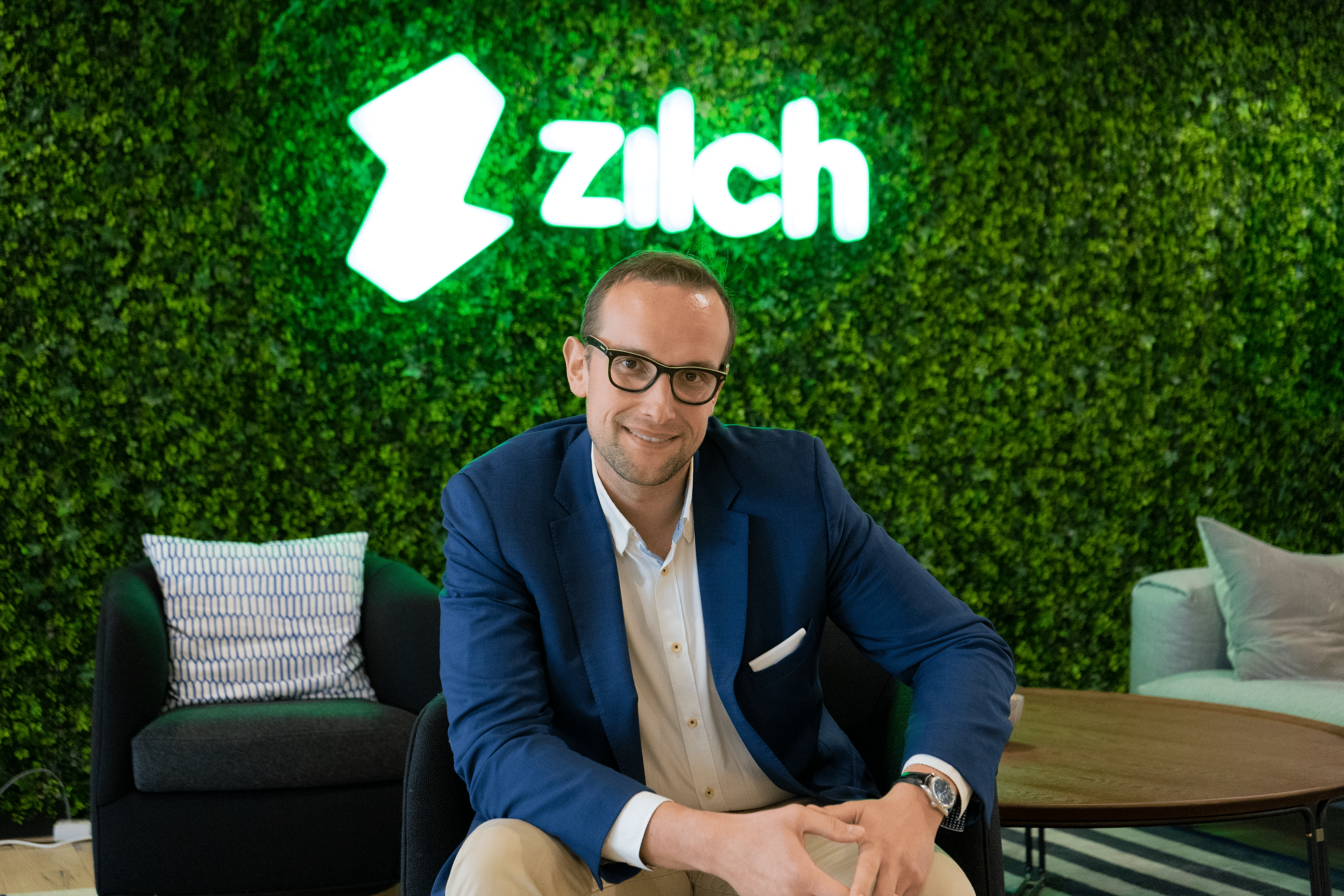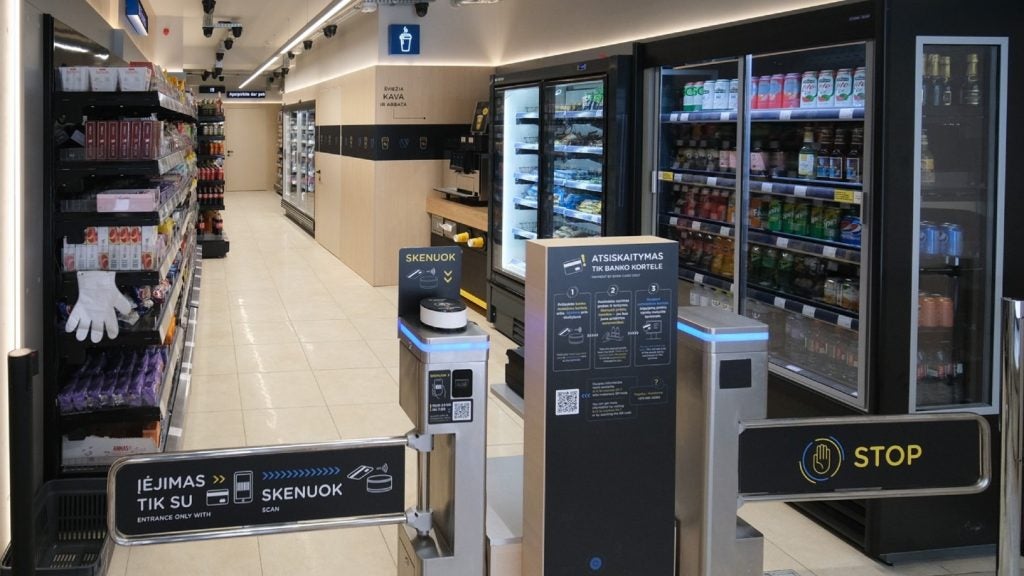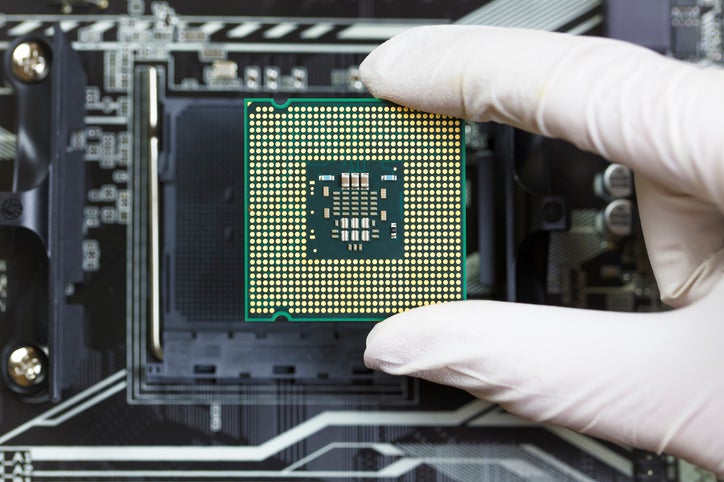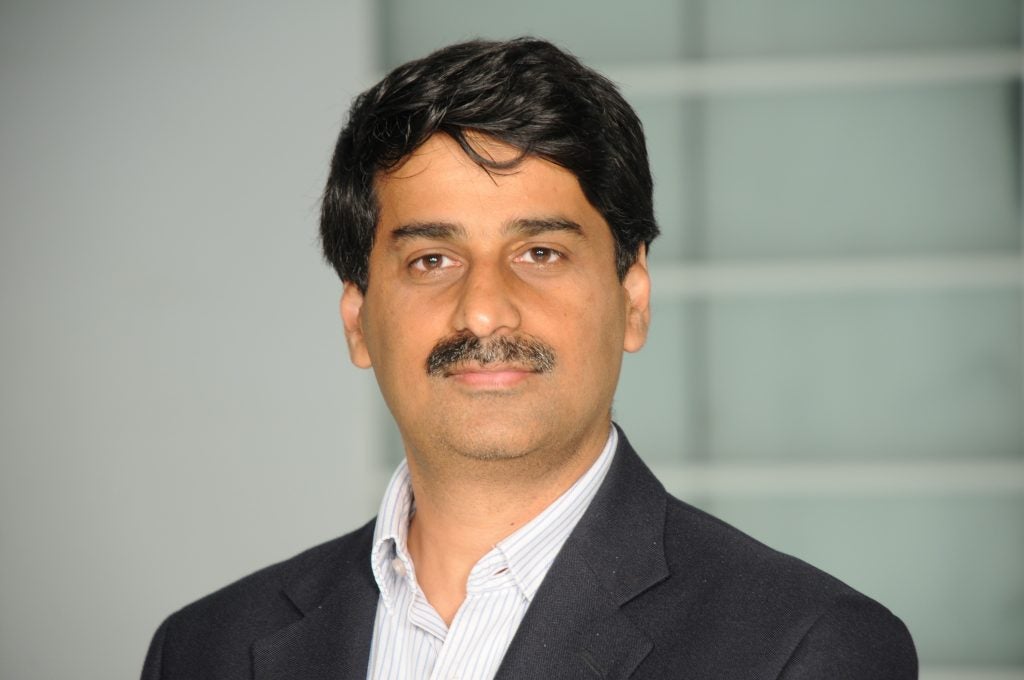
Thomas K Matecki is the CTO of Zilch, the buy-now-pay-later (BNPL) startup that’s taking on Klarna, Afterpay and Affirm.
As the CTO of Zilch, Matecki is competing in the BNPL sector, which expected to keep growing to be worth $166bn by 2023, according to GlobalData’s Thematic Research. And the sector is rapidly becoming more crowded.
2021 has been a big year for BNPL services. It kicked off in January with US-based Affirm nailing its public debut on the Nasdaq.
Then, in March, Swedish Klarna became Europe’s arguably most valuable private fintech in March after securing a $31bn valuation on the back of a $1bn funding round. Klarna subsequently topped up its coffers further in June with a $639bn SoftBank-led round that pushed its valuation past the $45.6bn mark, making it Europe’s most valuable privately-owned tech company.
In July, rumours started to spread that Apple planned to add a BNPL service to its Apple Pay solution. It followed the footsteps of PayPal which had already launched its own BNPL service in August 2020, which was expanded to the UK in October and launched in Australia in July.
Another twist happened in August when Square announced plans to buy Australian Klarna rival Afterpay for $29bn, thus creating a new fintech powerhouse that was already heading towards becoming a digital bank.
How well do you really know your competitors?
Access the most comprehensive Company Profiles on the market, powered by GlobalData. Save hours of research. Gain competitive edge.

Thank you!
Your download email will arrive shortly
Not ready to buy yet? Download a free sample
We are confident about the unique quality of our Company Profiles. However, we want you to make the most beneficial decision for your business, so we offer a free sample that you can download by submitting the below form
By GlobalDataZilch’s CEO and founder Philip Belamant has remained stoic, saying that Square’s acquisition of Afterpay didn’t “affect Zilch’s growth plans or strategy in the immediate future”.
Belamant has reason to be bullish. In April, Zilch picked up a $80m Series B funding round that saw the company’s valuation rise to over $500m. It extended the round in late July by adding another $110m.
As the CTO of Zilch, Matecki plays a central role in achieving the startup’s continued success. In the latest Q&A in our weekly CTO Talk series, he reveals where his interest in technology comes from, why he is excited about edge computing and what he’d do if he wasn’t a fintech CTO.
Where did your interest in tech come from?
I have a deep family history in engineering. I was always inclined to break things,
to understand how things worked in order to do it better. I’ve always had a habit of challenging existing solutions to change the status quo.
When I was a kid, I was fascinated with Atari 65XE and Commodore 64 – back then, I was trying to find a solution to automate boring things and spent countless hours writing my first programming book, BASIC. That would later turn into drive, passion, and hunger for real-life applications of technology that would do more than automate my own boring tasks and provide meaningful solutions for everyone’s everyday problems.
When I started my professional career, I was selling credit cards over the phone, but soon after, I became the system specialist, if only because I wasn’t afraid to go the extra mile and get a deep understanding of the underlying technology and procedures. I realised soon enough that technology would be the driving force of the 21st century, and since then, I have wanted to be at the forefront and to lead the charge – to ride the wave.
Which emerging technology do you think holds the most promise once it matures?
We are fortunate to live in times when history unfolds in front of us, and everyone can play an individual part in seismic global changes differently than before, as almost every aspect of our lives are now completely or partly digital.
The technology landscape changes our lifestyle and makes us think about how the next generations will be living on this planet, but ultimately everything speeds up, and almost every aspect of our life is currently data-driven. As such, it’s essential to understand what effect it will have on our lives.
Data is a keyword in almost every industry, and that’s why I believe edge computing will be something that can radically change the way we are dealing with data sets. We are about to enter the new era of data-driven reality, where the customer is in complete control – responsibly and consciously providing data. Edge computing will empower users, and as a side effect, it will create a new type of tailor made customer-driven services.
How do you separate hype from genuine innovation?
The Gartner Hype Cycle is a graphical representation of the perceived value of a technology trend or innovation – from my perspective, it’s the best tool to verify the actual value of novelty. It’s easy to create fake hype and artificial demand for new technologies, but from my perspective, it all comes down to adoption – how easy or efficient it would be to experiment with new technology in certain areas.
Banking is probably one of the most challenging markets to introduce lasting change and efficient innovation because of the mindset of incumbents. However, fintech challengers have shown that by working closely with customers, one can apply an innovative approach and fundamentally change the existing landscape. Agile innovation, comprehensive and fast solutions can have long-lasting and wide-reaching effects.
What one piece of advice would you offer to other CTOs?
Always believe in people. As cliche as it sounds, this is probably the key to success
and the sole reason for failure of many companies. I’ve seen CTOs who were too hands-on in many cases over the years – especially when they started as business founders and they just couldn’t let go. The actual value and job of CTO is to look for and to look after talent, to provide coaching and inspire people. Modern tech companies shouldn’t revolve around control but should be based on trust and empowering individuals, keeping them accountable and assigning responsibilities.
The real value in technical leadership is identifying the strengths, weaknesses, and opportunities and then acting on them accordingly – keeping in mind that the team can only be as strong as the individual contributors. You can’t win the Premier League with a group of random strangers – you need to cherry-pick talent, coach them, and inspire them to achieve extraordinary results.
What’s the biggest technological challenge facing humanity?
If you look at the bigger picture, it’s clear that the most significant technological challenge is saving our planet using technology. We’ve developed such fantastic technologies over the last few decades, but we’ve ruined our planet and created real risk to us all.
Hyped technologies can do more harm than good if not applied responsibly. It’s time to think about consequences and the future, build sustainable products, and provide top quality services, responsibly. We must be responsible for doing so for us and future generations. We’ve already exploited the planet, so let’s not continue making it worse. It’s not about looking for life on Mars; it’s about ensuring we can keep life on Earth.
What’s the most important thing happening in your field at the moment?
After over a year of the pandemic and people facing financial difficulties on every level, the one most important thing currently is an increase in responsible lending and lending models based on the individual circumstances, using tools like open banking, rather than arbitrage judgment of an algorithm’s archaic rules [such as using a] traditional credit score.
The sooner companies understand that the customer is the real value and the core asset of any business, the better the change will be.
In another life you’d be?
A general surgeon working in ER helping patients day-in and day-out, while looking for ways to improve the healing process for post-op patients using technology and innovation like graphene-based membrane.







